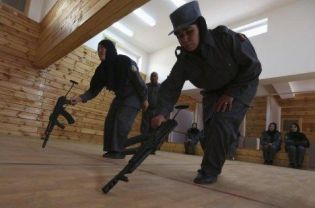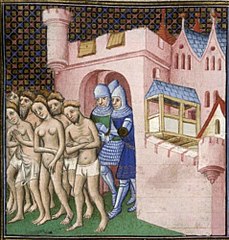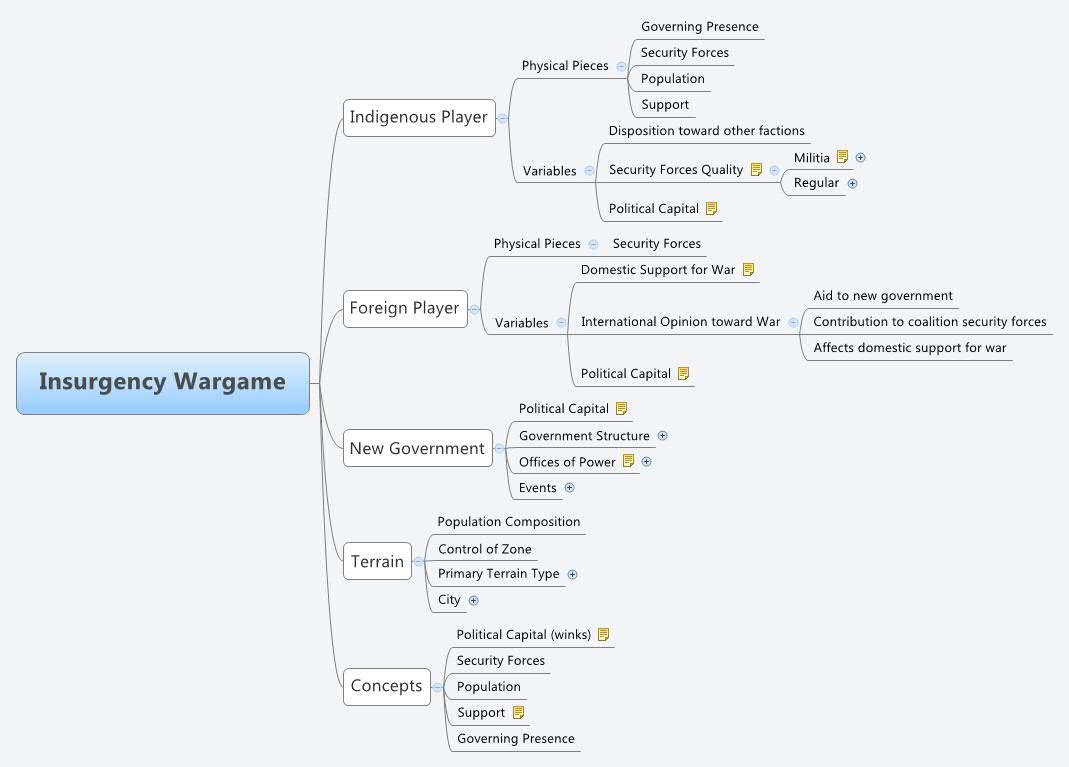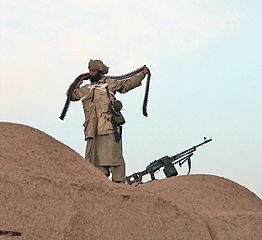What is “War”?
Today was the first meeting of the “Approaches to War” module at KCL (which was in a bit of disarray, as the original instructor, Dr. John Stone, will apparently not be teaching the course this year). As with any first class, it was little more than a basic introduction to the module and the topics we would be covering over the year, but one thing we did discuss was the definition of “war.”
Personally, I’ve always considered Justice Potter Stewart’s thoughts on hardcore pornography instructive: “I shall not today attempt further to define the kinds of material I understand to be embraced within that shorthand description… But I know it when I see it.”
Alas, that does not quite fly in the study of war, despite being a social science. Consider, then, the Stanford Encyclopedia of Philosophy’s entry on “War“:
War should be understood as an actual, intentional and widespread armed conflict between political communities. Thus, fisticuffs between individual persons do not count as a war, nor does a gang fight, nor does a feud on the order of the Hatfields versus the McCoys. War is a phenomenon which occurs only between political communities, defined as those entities which either are states or intend to become states (in order to allow for civil war).
This falls roughly in line with the definition Dr. Jan Willem Honig (who, with Dr. Michael Rainsborough, will be teaching the module) discussed. As Clausewitz notes in Chapter 1, §24 of On War, “war is not merely an act of policy but a true political statement, a continuation of political intercourse, carried on with other means” (from the Howard & Paret translation). That politics is a necessary component of war is generally agreed upon, but what about the actors involved in war?
Soon after 9/11, Marcel Berlins wrote:
There can be no such thing, legally, as a war between a sovereign state and a group of terrorists. To talk of “declaring” war is therefore meaningless.
…
But all this definitional talk is of no consequence when the legal concept of war has long been overtaken by the reality of international and intra-national hostilities, and by the activities of terrorists. The decisions the USA is making will have very little to do with international law. The law is inadequate, out of date or nonexistent regarding the World Trade Centre outrage. The US cannot be blamed for, in effect, creating its own legal frameworks and definitions.
Dr. Honig brought up a point in class: does a violent conflict between gangs constitute a war? As any movie or TV show about any criminal organization (“The Sopranos” & “The Wire” immediately come to mind) will tell you, gang bosses love to employ military terminology: “soldiers” for street thugs, “war” for confrontations with other gangs, etc. There is no question that a crime “war” is not war in the conventional sense, nor would you even call it a war if one party was a state (think FBI vs. organized crime during Prohibition). Can non-state actors that lack aspirations to statehood but still have political objectives be involved in a conventional war?
One of al-Qaeda’s stated goals is the establishment of an Islamic Caliphate, but that’s a relatively nebulous objective that the terror network does not seem to have an active strategy to achieve. Their more immediate objectives are realistic and undoubtedly political, such as ending US influence in the Middle East. (The oft-cited al-Qaeda “grand strategy,” of provoking the US into invading a Muslim country and engaging it in a long war of attrition, first hypothesized by Bassam al-Baddarin, seems more likely to be an example of the organization engaging in historical revisionism and taking credit for an unintended consequence of the 9/11 attacks)
So al-Qaeda is a non-state actor not seeking control of a state, but possessing political objectives, strategy, and violence as part of its toolkit. Are the United States and al-Qaeda engaged in war? If not, does the modern understanding of “conventional war” have to be changed to reflect that?










